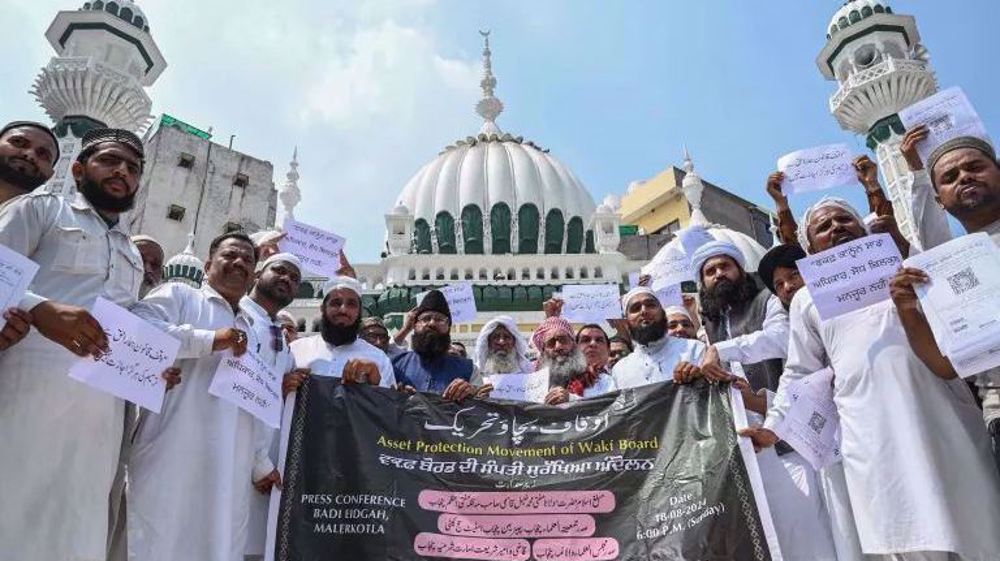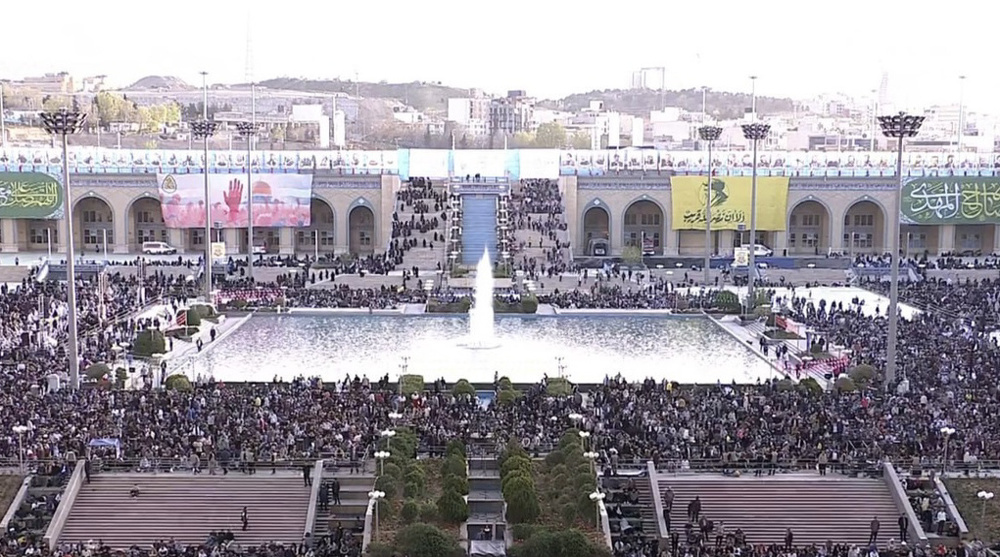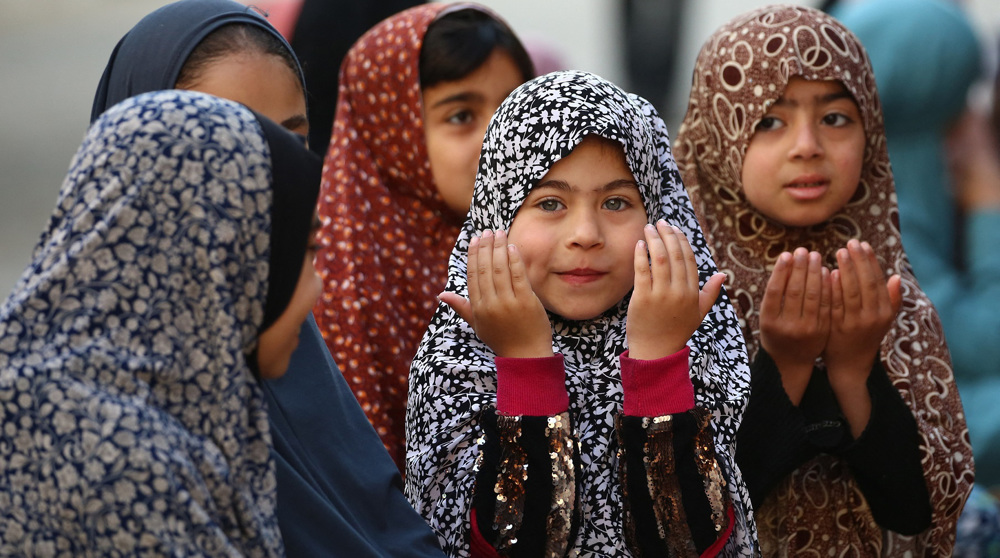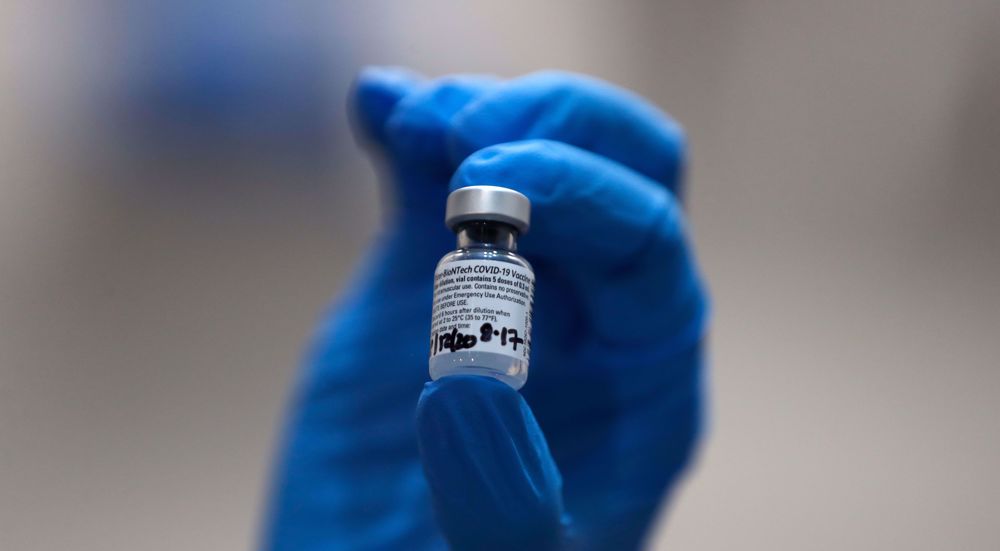ICRC seeks to ensure people in conflict zones covered by COVID-19 vaccination programs
As vaccines for COVID-19 become available, the International Committee of the Red Cross (ICRC) hopes to ensure that people affected by conflict and violence who might otherwise be forced to the back of the line or forgotten all-together also have equitable access to the vaccine
For people living in conflict areas, access to basic health services is often challenging or impossible. These populations are just as vulnerable to COVID-19 and deserve to be protected from this severe health menace. In addition, the ICRC estimates that more than 60 million people live in areas controlled by non-state armed groups who risk not being included in national vaccine distribution frameworks.
Marginalized communities, including internally displaced persons, migrants, asylum seekers and detainees, must also be included in national vaccination programs and be recognized as people in need of the health protections the vaccine will provide.
"Health workers or someone with a compromised immune system in regions affected by armed conflict endure the double burden of conflict and COVID in often-forgotten and neglected areas. We believe that people there should have the same right and access to the vaccine as others do," said Robert Mardini, ICRC's director-general.
In conflict settings, poor health capacities due to the breakdown or destruction of health services, lack of health personnel, precarious infrastructure and disputed borders might hamper vaccine distribution. Reaching front-lines and areas controlled by non-state armed groups brings complications such as difficult logistics, the need for travel permissions and reduced availability of electricity and refrigeration. Restrictive measures and sanctions may impede access to these areas.
Together with the International Federation of Red Cross and Red Crescent Societies (IFRC), the ICRC will support Red Cross and Red Crescent National Societies as they have a leading role in carrying out vaccination programs and distributing the COVID vaccine in their respective countries.
The ICRC is ready to support national vaccination campaigns and facilitate access to the COVID-19 vaccine by populations in countries affected by armed conflict and violence. Also, the ICRC is ready to use its privileged position and offer its services as a neutral intermediary to ensure access to the vaccine for people living in conflict zones, in areas not under governmental control and in places of detention. Excluding these populations from a COVID-19 vaccine presents a clear risk since no one will be safe until everyone is safe.
The ICRC called on states to ensure the inclusion of populations in humanitarian settings in national vaccination frame works.
It also asked parties to conflict to give access to the vaccine to populations under their control and facilitate the work of humanitarian organizations and of the health personnel in charge of vaccinations, in accordance with their legal obligations, including under international humanitarian law.
It also urged states to maintain and strengthen routine immunizations and essential health services, adding measles and polio campaigns have been suspended in dozens of countries, and at least 80 million children under age one are at risk of diseases with significant mortality such as measles, diphtheria and polio. Whilst a COVID vaccine is urgent, other vaccines are also most needed and must be provided.

Community members, Red Cross/Red Crescent volunteers and religious and community leaders should be invited to help design and implement vaccine mobilization plans. Engaging communities and providing them with accurate information will be critical for the success of COVID-19 vaccination programs and the safety of health personnel.
(Source: ICRC)

Indian parliament passes bill seen as step to seizure of mosques

Eid al-Fitr celebrated in Iran, other countries as holy month of Ramadan comes to a close

Iran FM calls for more unity, empathy among Muslims in Eid message
Full-blown famine grips Gaza as 91% of population faces extreme food insecurity: NGO
VIDEO | Press TV's news headlines
Iranian FM informs Saudi counterpart about indirect talks
VIDEO | Pakistani parliament adopts resolution against Israeli atrocities in Gaza
Iran: Second round of indirect talks with US will be held in Oman
China urges US to ease trade tensions via ‘equal dialogue’
‘Hamas not defeated, military overstretched’: Israeli army chief
Iran, Armenia should elevate ties to strategic partnership: Deputy FM












 This makes it easy to access the Press TV website
This makes it easy to access the Press TV website